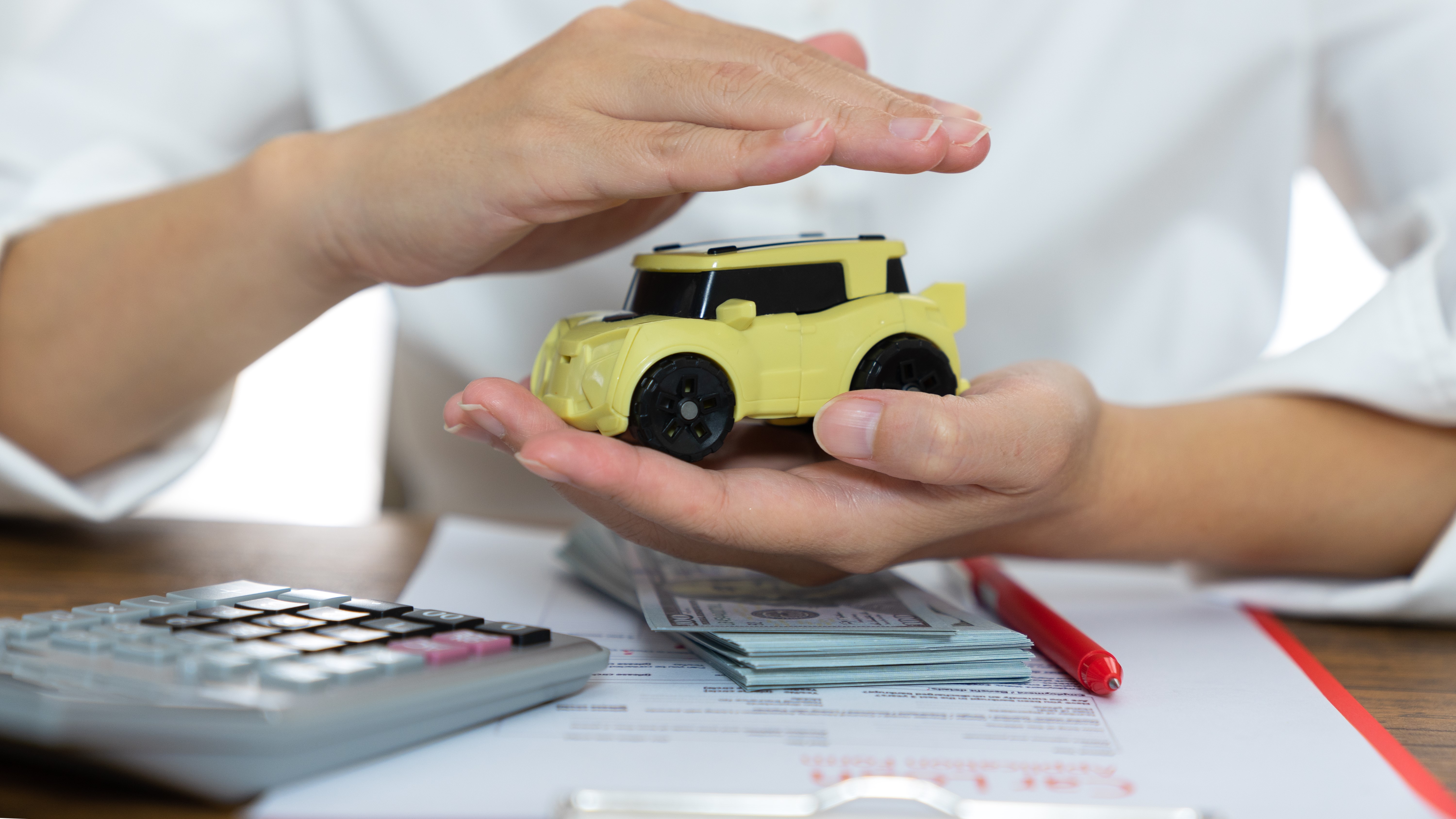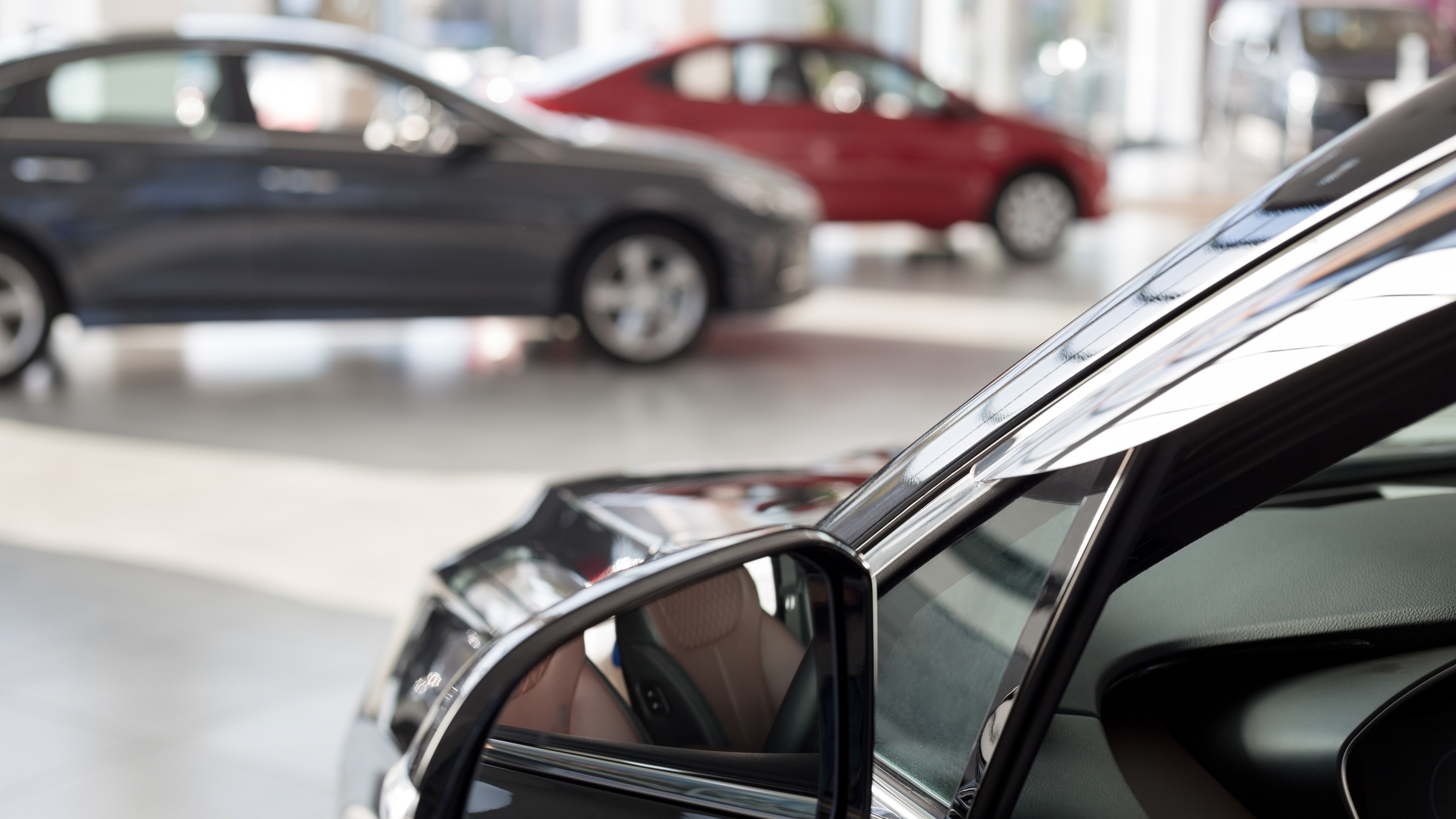Auto sales near record highs, but does that mean it's a good time to buy a car?
A combination of falling loan rates, stimulus checks and tax refunds have seen auto sales surge higher, but is the time right to buy a new car?

Sign up to receive the latest news, reviews, buying guides and deals direct to your inbox
You are now subscribed
Your newsletter sign-up was successful
Auto sales are pushing towards record highs for the first quarter of the year, after demand from American motorists for new vehicles soared during March. That’s the encouraging news being delivered by the latest J.D. Power auto sales data, which predicts a combination of low auto loan rates, stimulus checks and tax refunds, and pent up demand will see retail car sales reach 1.29 million units in March.
When adjusted for the same number of selling days, this is up more than 70% from March 2020 when dealerships and car manufacturers were first shut down amid the coronavirus pandemic and people were ordered to stay at home, and is also up 9.2% compared to the rather more normal times of March 2019. As a result, overall auto sales to retail customers for the first quarter of 2021 are forecast to be the second highest ever at 3.16 million units, rising by 20.5% compared with a year earlier and a 4.7% increase from Q1 2019.
“The very strong demand for new vehicles among U.S. households seen in January and February is continuing in March, meaning that multiple performance records will be broken for the first quarter,” said Thomas King, president of the data and analytics division at J.D. Power, who believes new highs will be established for average transaction prices, total consumer spending on new vehicles and retailer profitability.

Why are auto sales numbers on the up?
Given the average price of a new vehicle is on pace to reach $37,314 for the first three months of the year, which would be the highest ever figure for the first quarter, and almost $3,000 higher than Q1 2020, some might be surprised that auto sales are climbing so fast. However, with the average interest rate for the best auto loans in March expected to fall 92 basis points to 4.2 % from a year ago, it means the average monthly finance payment is up only $5 to $595. At the same time, the average trade-in value on used cars has risen to $5,713, rising by $2,664 - or 87% - from March 2020.
"As consumers receive their stimulus checks and tax refunds, we expect demand for vehicles to increase,” adds Valeri Tompkins, senior vice president, OEM Solutions at TrueCar, which has posted similarly positive forecasts. “At the same time, production complications such as with microchips and shortages of other core materials are affecting a number of automakers, and retailers are struggling to have enough supply to meet the strong demand. Vehicles are turning on dealer lots very quickly because of the supply and demand imbalance.”
Is it a good time to buy a car?
The decision as to whether to buy a new car is rarely an impulsive one. Unless you happen to have the necessary funds already saved, car finance is usually needed, and then there’s usually the additional costs of roadside assistance services and a potential rise in your auto insurance to consider too.
With some people potentially working from home more frequently following the pandemic-related shift towards remote working, it might also be the case that a brand new car isn’t entirely necessary if a regular commute is no longer required. In that situation, maybe a second-hand car which comes in at a lower price will suffice going forward, even if it means paying out for extended car warranties to guard against the greater risk of breakdown and repairs.
Sign up to receive the latest news, reviews, buying guides and deals direct to your inbox

If a new vehicle is definitely on the cards, and you can’t afford to buy outright, making sure your finances are in decent shape is a must. Does your situation allow for an additional monthly payment to be comfortably absorbed without risk of going overdrawn, and could you still continue paying off your loan should you fall out of work. Ahead of taking out a loan, optimising your credit score could save thousands of dollars on the cost of a new car as well.
And finally, if you're willing and able to put off buying a new car until much later in the year, or at least until the end of the month, Kelly Shannon Manley Ph.D., associate professor of economics at the University of North Georgia, believes this could improve your chances of securing a better deal too.
"Studies have shown that the first 3-4 months of the year have the fewest discounts with the best discounts in the last quarter," she explains, "but consumers can still try to improve the deal they get by shopping the last week of the month in case the dealership is trying to meet sales goals, shopping for previous year models in case the dealer still has some on the lot, and being willing to walk away to improve the likelihood of getting a better deal."
With over 20 years’ experience in the financial services industry, Tim has spent most of his career working for a financial data firm, where he was Online Editor of the consumer-facing Moneyfacts site, and regularly penned articles for the financial advice publication Investment Life and Pensions Moneyfacts. As a result, he has an excellent knowledge of almost areas of personal finance and, in particular, the retirement, investment, protection, mortgage and savings sectors.

